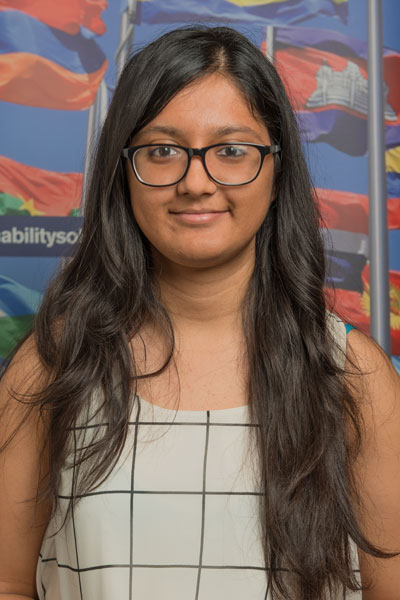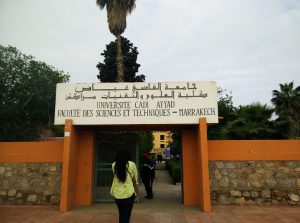
Sustainable Development in Morocco: Perceptions and Solutions
Over the first week of our study abroad in Morocco we met with NGO workers, policymakers, researchers, university professors and students, and entrepreneurs in Rabat and Marrakesh, our first two destinations on this trip. Sustainable development was a focal concern for all these stakeholders. I noticed that while talking about sustainable development, Moroccans were constantly in a reflective internal dialogue with themselves about how to define sustainable development and how to embed it in the solutions they derived.
While interacting with an NGO working to influence public policy opinion in Morocco, I found that for them the solution lies in educating the masses and making them aware of their rights and duties, the country’s challenges and their potential choices.
For members of the Moroccan Agency for Solar Energy, which is responsible for the country’s ambitious solar energy mission and for building the world’s largest solar facility known as NOOR, the challenge is to meet the targets of self-sufficient energy production while enabling capacity-building of local communities, while staying clear and transparent, economically and developmentally sound, and environmentally benign.
Similarly, for a royal research think tank that we visited, there is a need to be cautiously optimistic in navigating the economic, social and environmental issues that will enable efficient policies for the nation.
In Marrakech, we attended a day-long seminar on Converging Perspectives on Sustainable Development at Cadi Ayyad University. For the students at the university, sustainable development was about a lot of different things. Their research was on topics ranging across the spectrum of energy, water, tourism, agriculture, materials, transportation and infrastructure.
 While conversing with them, we found shared universal concerns about implementing solutions. How do you get human beings to change their behavior? How do you balance between the local and the global? How do you make human systems more sustainable without harming the environment?
While conversing with them, we found shared universal concerns about implementing solutions. How do you get human beings to change their behavior? How do you balance between the local and the global? How do you make human systems more sustainable without harming the environment?
Coming from a country like India which faces similar sustainable concerns helped me connect instantly to the problems they mentioned. At the same time, as a sustainability student at ASU, I was able to contrast Morocco’s inherent conflict in dealing with the term ‘sustainable development’ against the American concept of talking about sustainability. My major takeaway from these conversations was that while there are differences in definitions and priorities of sustainability across the globe, there are enough similarities that allow us to sympathize with the problems of people living in countries that may be culturally and socially very different from our own.

